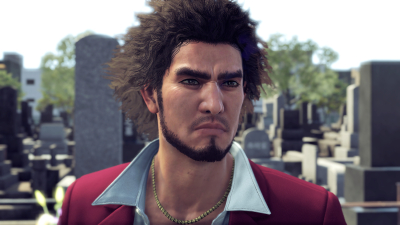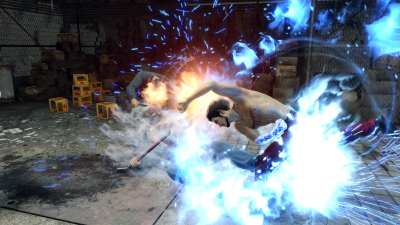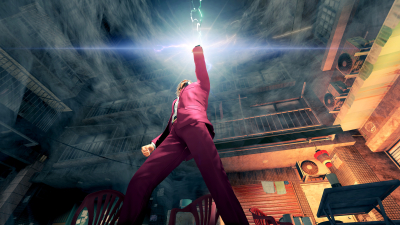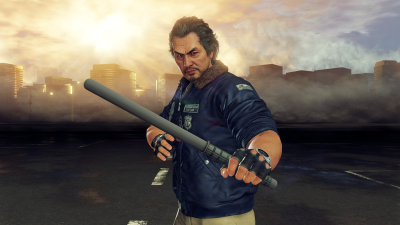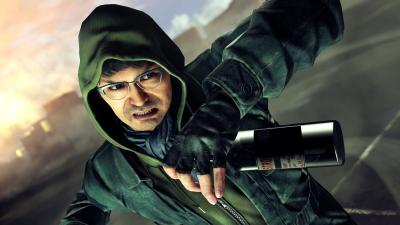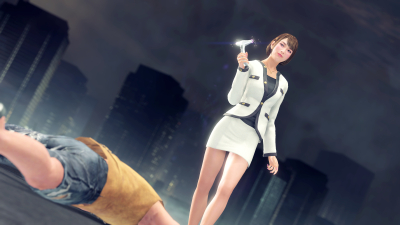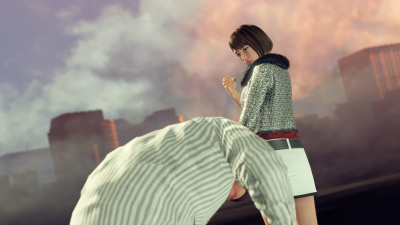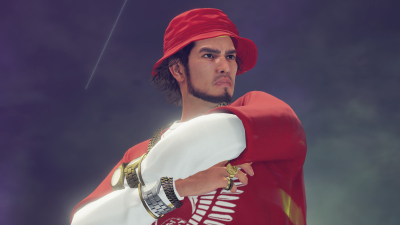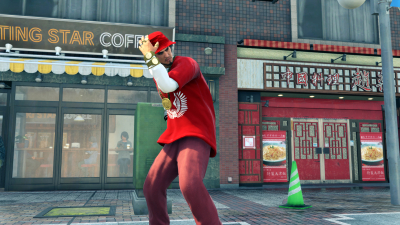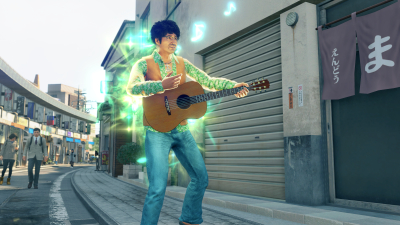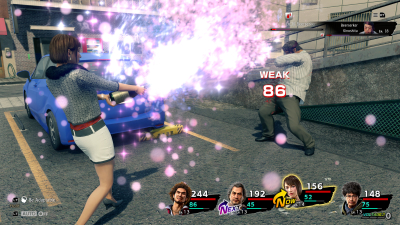Kazuma Kiryu is history - for the moment, anyway. He is replaced by Ichiban Kasuga, who takes over the main role in the eighth part of the Yakuza series. Can the new hero be as convincing as his longtime predecessor? And what happens when you turn an action-adventure into a full-fledged role-playing game? Nothing else happens with Like a Dragon, where instead of fast action, there are deliberate tactical battles.
The changes go even further because although some scenes take place in Kamurocho, the central setting of all the predecessors in the main series, Kasuga quickly moves to Yokohama, where he spends most of his first adventure as a role-playing hero.
Ichiban grew up playing video games and gets into adventures like Dragon Quest at the latest when he gets into brawls with small and big gangsters. Here, Ichiban doesn't deal out punches and kicks in real-time but instead carries out his actions move by move in tactical turn-by-turn combat and then waits to see what his opponents do.
He also usually has three companions at his side, who are also assigned actions and, just like their leader, level up, thus hitting harder and gaining both active and passive abilities. Like a Dragon is a classic Japanese game.
In general, a tighter start would have suited the game better, because it takes about five hours before you can finally move freely in the open world. And that's only if you click away lines of dialogue before they have been completely spoken.
You don't experience any exciting surprises or interesting developments. They are dictated to you. Once again, Sega's storybook is crammed with sudden twists - which appear so arbitrarily out of nowhere that the authors have no choice but to justify them in page-long footnotes. This has nothing to do with a modern interactive narrative.
Conclusion
Ichiban Kasuga is a refreshingly light-hearted successor to the yakuza veteran after the grim Kazuma Kiryu. And he strikes just as impressively - albeit in a completely different way than his predecessor. The turn-based battles are varied, pleasantly challenging, and even capture the chaos of frenetic real-time brawling in a convincing way. Together with the motivating character development of both the protagonist and his companions, this is therefore the greatest strength of the new direction. I'm not happy, however, that the change from action to the role-playing game also entails less successful changes. Instead of strengthening the lively locations and the stories of their inhabitants, Sega puts a system of numerous drudgery tasks over the game world and moves it in the direction of a trivial scenery, which you only run past quickly - to get lost in flashing collectibles on the way and only have to press a button at the destination. That and the never-ending explanations of the narrative twists and turns, as well as the microtransactions that interfere with the game design, are unfortunately the reason why the good innovations don't also provide a great gaming experience.

